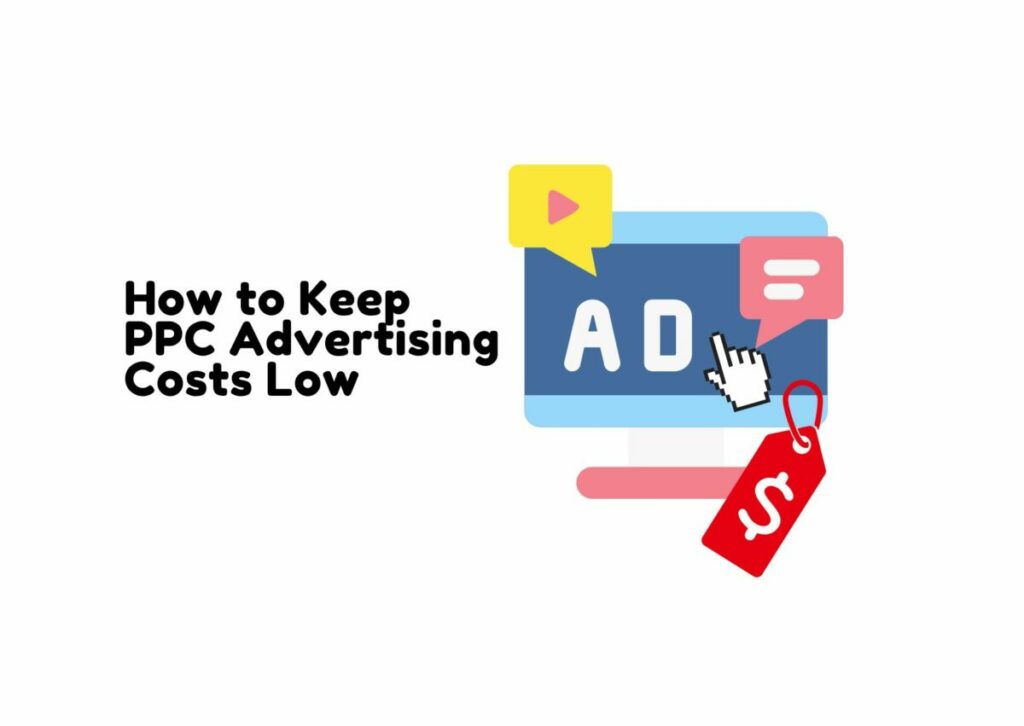SEO myths can really throw you off track if you’re not careful. Every year, new misconceptions pop up that can waste your time and money. It’s crucial to know what actually works and what’s just hot air.
The truth is, SEO is very much alive and kicking, but it looks different than it did a few years ago. Gone are the days when stuffing keywords or building tons of low-quality links would boost your rankings. Now, it’s all about creating valuable content that truly helps your readers.
You might’ve heard that social media signals directly impact your SEO. That’s not quite right. While social media can drive traffic and boost your online presence, it doesn’t directly affect your search rankings. Focus on building a solid content strategy instead of chasing likes and shares for SEO gains.
Myth 1: Backlinks Are Dead

While some claim Google has moved on from using links as a ranking factor, that’s simply not true.
High-quality backlinks remain one of the most important signals search engines use to determine a site’s authority and relevance. They act like votes of confidence from other websites.
A case study by SEO agency Backlinko found that pages with more backlinks consistently ranked higher in Google search results. Sites in the #1 position had an average of 3.8x more backlinks than those in positions #2-#10.
But it’s not just about quantity. The quality and relevance of your backlinks matter too. A few authoritative links from respected sites in your industry can be more valuable than dozens of low-quality links.
Focus on earning natural backlinks through:
• Creating high-quality, linkworthy content
• Building relationships with influencers and partners
• Guest posting on reputable industry sites
• Getting listed in relevant directories
Just don’t go overboard with link building tactics that could get you penalized. Avoid buying links or participating in link schemes.
The key is to build a diverse, natural-looking backlink profile over time. While backlinks aren’t the only ranking factor, they’re still a crucial piece of the SEO puzzle in 2024 and beyond.
Myth 2: Content Length Is Everything

You’ve probably heard that longer articles rank better in search results. But is this really true? Not exactly. While in-depth content can be valuable, focusing solely on word count misses the point.
Quality trumps quantity every time. A concise 500-word article that nails the topic can outperform a rambling 2,000-word piece. What matters most is matching user intent and providing real value.
Take Moz’s Whiteboard Friday videos. These short, focused SEO tutorials often rank highly despite being under 1,000 words. Why? They give viewers exactly what they need in an engaging format.
Some key things to keep in mind:
- Target the right keywords
- Answer user questions clearly
- Use headers to break up text
- Include relevant images or videos
- Make content easy to skim
The ideal length varies by topic and audience. Product pages may only need 300 words, while in-depth guides could warrant 2,000+. Focus on covering the subject thoroughly without unnecessary fluff.
Remember, Google wants to show the best content for each query. Sometimes that’s long, sometimes it’s short. Your job is to create content that truly helps your audience, regardless of word count.
Myth 3: Keyword Density Still Matters

You might have heard that stuffing your content with keywords is the secret to SEO success. But that’s old news. In 2024, obsessing over keyword density can actually hurt your rankings.
Search engines have gotten a lot smarter. They’re not just counting how many times you use a word anymore. They’re looking at the overall quality and relevance of your content.
So what should you do instead? Focus on writing naturally for your readers. Use keywords where they make sense, but don’t force them. Aim to answer questions and provide value.
Some SEO tools still push for specific keyword densities. Ignore them. There’s no magic number that will boost your rankings.
Here’s a quick tip: Try reading your content out loud. If it sounds awkward or repetitive, you’ve probably overdone it with keywords.
Remember, your goal is to help real people, not just please search engines. Write content that’s informative, engaging, and easy to read. That’s what will really make your site stand out in 2024.
Myth 4: AI Can Fully Automate SEO

AI can’t do all your SEO work for you. Sure, it’s great at some tasks, but it can’t replace human expertise entirely.
You might think AI tools can handle everything, but that’s not the case. They’re awesome for crunching numbers and finding patterns in data. But SEO needs a human touch too.
Here’s what AI can do for your SEO:
- Analyze keywords
- Check backlinks
- Spot technical issues
But it falls short in other areas:
- Understanding context
- Creating engaging content
- Building relationships
Remember that time Google changed its algorithm? AI couldn’t adapt on its own. Human SEOs had to step in and adjust strategies.
Big brands know this too. Nike doesn’t rely solely on AI for SEO. They have a team of experts who use AI tools but make the final calls themselves.
So don’t ditch your SEO skills just yet. AI is a helper, not a replacement. You still need to guide the process and make smart decisions. Use AI to save time on tedious tasks, but keep your brain in the game for strategy and creativity.
Myth 5: Domain Authority Always Rules

You might think a high domain authority score guarantees top rankings. But that’s not always true. Domain authority can be helpful, but it’s just one piece of the SEO puzzle.
Google actually doesn’t use domain authority in their ranking algorithms. It’s a metric created by Moz to estimate how well a site might rank. While it can give you a general idea, it’s not the be-all and end-all.
Let’s look at an example. A small local bakery’s website with lower domain authority could outrank a big national chain for “best cupcakes in [city name]”. Why? Because the local site has:
- More relevant, targeted content
- Better on-page optimization
- Positive local reviews and citations
These factors can trump raw domain authority scores.
Remember, focusing solely on domain authority can lead you astray. Instead, pay attention to:
• Creating high-quality, relevant content
• Building natural, valuable backlinks
• Optimizing your site structure and speed
• Improving user experience
Don’t get hung up on a single number. A well-rounded SEO strategy beats obsessing over domain authority any day.

